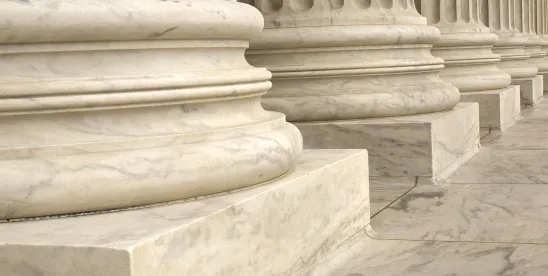On January 15, 2025, the Supreme Court of the United States resolved a circuit split among the U.S. Circuit Courts of Appeal on the standard of proof employers must meet to establish an employee is covered by a Fair Labor Standards Act (FLSA) minimum wage and overtime exemption. Although six of the seven circuit courts to address this issue applied the “preponderance of the evidence” standard, one court—the Fourth Circuit—concluded that the more demanding “clear and convincing evidence” standard applies. The difference can be significant as the preponderance of the evidence standard requires proving that something is more likely than not, whereas the clear and convincing evidence standard requires proving that something is highly probable.
In E.M.D. Sales, Inc., et al. v. Carrera et al., the Supreme Court unanimously ruled that the less rigorous preponderance of the evidence standard applies. The court observed that this standard is the “default” standard in civil litigation and “allows both parties in the mine-run civil case to ‘share the risk of error in roughly equal fashion.’” Ruling at 4 (quoting Herman & MacLean v. Huddleston, 459 U.S. 375, 390 (1983). In its ruling, the court flatly rejected several policy rationales proffered by the employees seeking the heightened standard of proof.
Employers can now rest easier knowing they will not be subject to a clear and convincing evidence standard when defending exempt status misclassification claims. However, this decision does not absolve employers of the penalties or litigation costs that can be incurred from FLSA classification errors nor impact applicable state laws. Employers should continue to regularly audit exemptions, including for compliance with any stricter state or local exemption laws.




 />i
/>i

